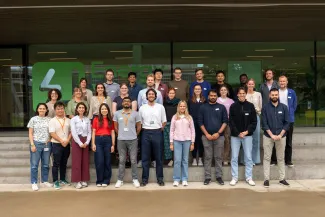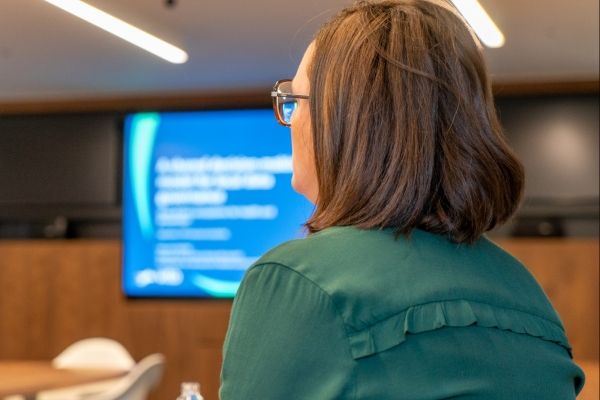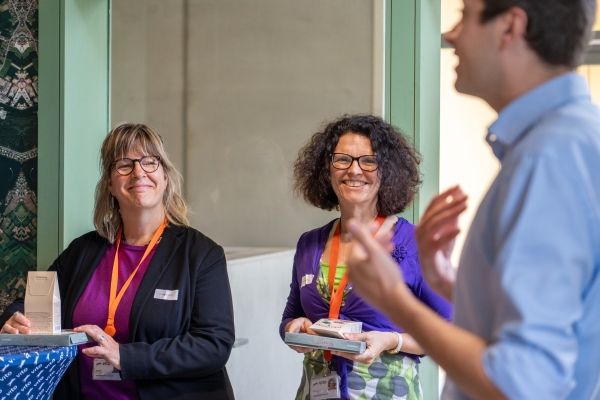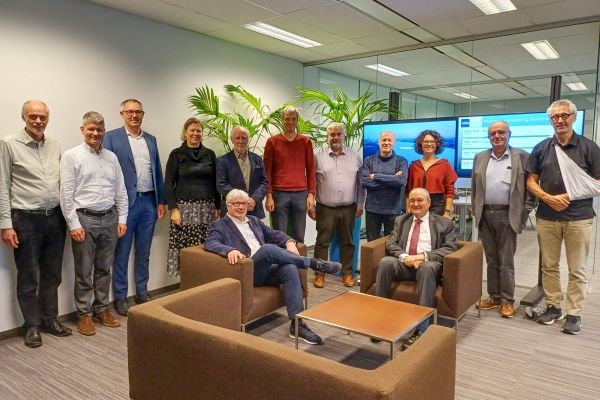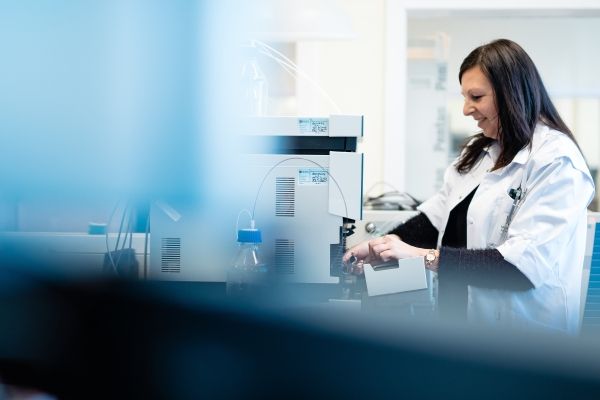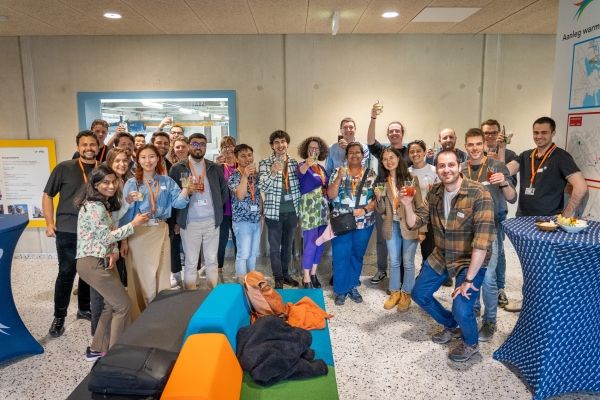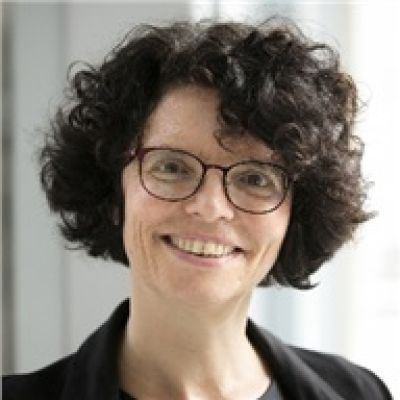Each year, VITO starts a number of new PhD projects in close collaboration with excellent universities. The subjects are selected to enforce our strategic research themes and are application-oriented to maximise the impact of the VITO research for society. View our PhD topic list to select a subject to get more information and apply. Check the application procedure.
In the last 5 years, the number of PhD researchers active per year was between 70 and 90. 40% of them come from abroad, resulting in an international research community. They are attracted to VITO by our ‘cleantech development’ programme and the strong link with real applications. We encourage them to move on to companies in Flanders.
The PhD community is represented within VITO by the PhD committee. This committee is the contact point for new PhD students and works together with the PhD support team to set up a high-quality PhD programme. They coordinate the PhD buddy programme and are in the process of setting up the annual PhD event.
What can you expect from working at VITO?
- Activity-based working
From our HQ in Mol over our satellite offices in Antwerp-Berchem, Genk, Ghent or Ostend, to occasionally working from home. You go where your activities take you. - Grow as you go
You can develop more than just our company. With innovation as our main asset, it goes without saying that personal growth is encouraged. Staying informed is part of your job. We give you the confidence and freedom to explore independently. To find inspiration through newsletters and seminars. To keep up to date in your field with additional on-the-job training and workshops and see yourself and the world turn into something bigger. - An inspiring environment
Surround yourself with like-minded visioneers. Find sustainable solutions. Immerse yourself in a learning culture. Get to know people from all over the world with their own expertise, working together.
Our PhD researchers take the floor
Would you like to know more?
Curious about our PhD programme? Contact Karen for more information.
